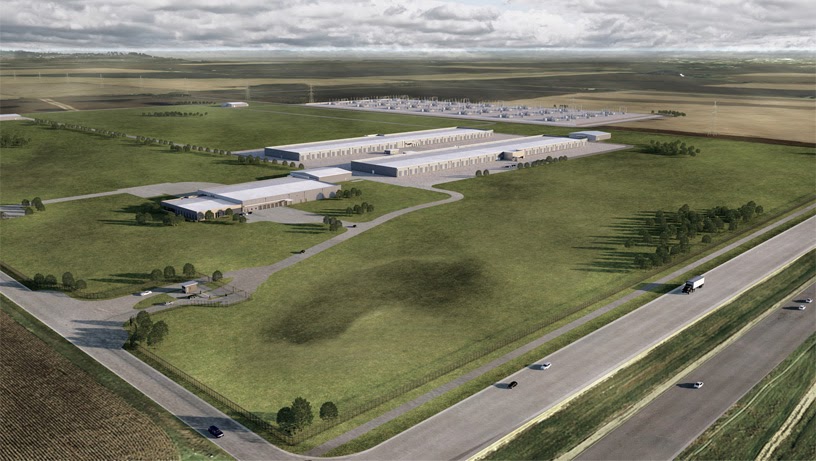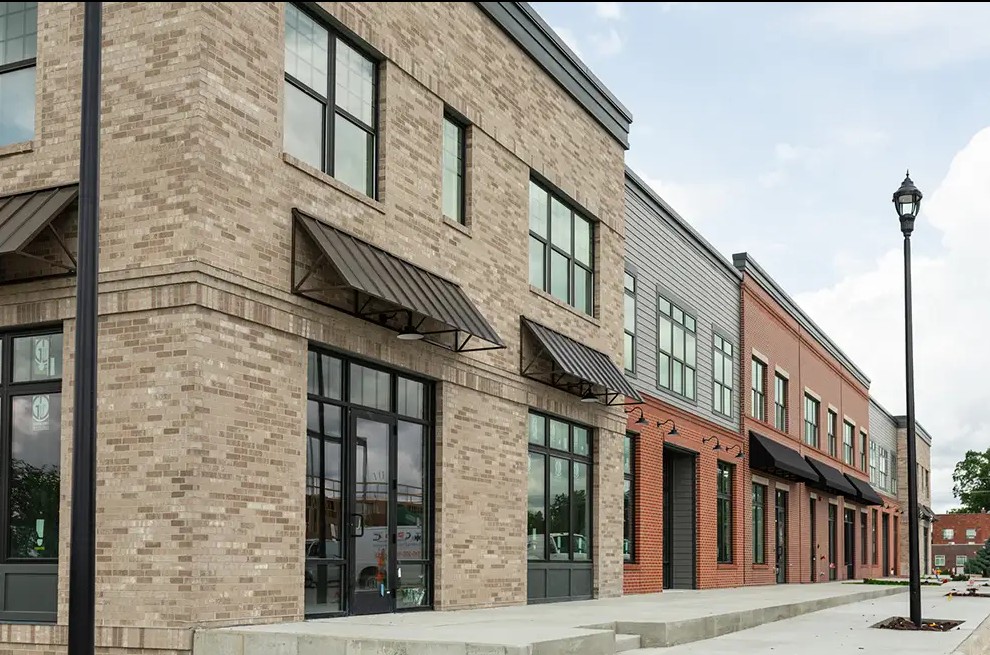Affordable housing as economic development
Study backers see lack of affordable units as workforce issue

PERRY BEEMAN Jan 9, 2015 | 12:00 pm
3 min read time
808 wordsBusiness Record Insider, Real Estate and DevelopmentThe Des Moines area has a chronic shortage of affordable housing, a fact recorded in enough dusty reports to feed wood-burning stoves across the city.
The solution isn’t just to build more lower-rent units, say experts. They note that many workers at places such as Jordan Creek Town Center can’t afford the apartments near the mall, so they rely on transit that isn’t always available when they need it, or within easy walking distance. In addition, some suburban zoning rules discourage construction of affordable housing by requiring expensive options such as large garages.
Eric Burmeister and Josh Hellyer of the Polk County Housing Trust Fund are coordinating a yearlong, $60,000 effort called Housing Tomorrow to come up with affordable-housing guidelines that local governments will be asked to adopt voluntarily. The idea is to find ways, in an era of dwindling federal aid, to promote the development of affordable homes and apartments near major employers in an orderly way.
One hope is to address a perennial issue: how to get to work. “One of the major principles will be building near bus lines,” said Hellyer, the housing trust’s policy and communications coordinator.
Elizabeth Presutti, general manager of the Des Moines Area Regional Transit Authority, is on the housing trust board. She supports the development of affordable housing near bus lines, or even within walking or biking distance of major employers, because many workers can’t afford to drive their own cars to work.
Generally, the housing trust wants to come up with a set of principles that city planners can use, ones that won’t end up on a shelf or in a recycling bin.
“The feedback we are getting is that all groups want a defined, discernible plan, instead of, ‘there’s a vacant lot where we could put affordable housing,’ ” said Burmeister, the housing trust’s executive director. The work, supported by Polk County, the Community Foundation of Greater Des Moines and United Way of Central Iowa, builds on the Tomorrow Plan, a diverse vision plan for the area.
The housing trust has about $2 million a year to directly assist affordable housing projects, often single-family homes. The nonprofit also supports Habitat for Humanity. Often, the housing trust offers homeowners loans that are forgiven if the owners stay in the home more than 10 years.
The issue goes beyond shelter.
Burmeister said housing, workforce availability and employment are all closely related, playing off each other. Without affordable housing in the right places, it is harder to hire employees for some positions, he added. “Affordable housing is not a social service issue,” Burmeister said. “It is an economic, workforce and quality-of-life issue. It goes way beyond ‘it’s the right thing to do.’ ”
But the NIMBY (Not in My Back Yard) phenomenon often lurks in the background of efforts to address the problem.
“The data is pretty clear,” Burmeister said. “There are areas in our region, most notably the suburbs, that have a marked lack of affordable options.”
The housing trust has launched an unusual campaign, “Can I Be Your Neighbor?” that points out that residents of affordable housing are neighbors who very well might be handing you coffee through a drive-up window or taking your deposits at the bank. They might be the jazz artists you saw at the park in July, or the store employee helping you pick out a suit at the mall.
“The only way you can address this is through education,” Burmeister said of the bias against affordable housing developments in some areas. “There needs to be a diversity of workforce, and therefore, a diversity of housing stock.”
Said Hellyer: “Everyone needs options all over town.”
Hellyer said the area along Grand and Ingersoll avenues is a model of housing diversity. People think about the expensive high-rise apartments, but that corridor has a wide range of rents, he said.
The housing trust also is looking to Denver and to the Twin Cities where the Metropolitan Council oversees both transportation and housing, as places that looked at the greater community good in efforts to develop more affordable housing.
Those types of regional plans can help offer a more balanced, diverse array of housing across the area, Burmeister said. A housing trust analysis found that five suburbs combined – Clive, Grimes, Johnston, Urbandale and West Des Moines – need another 2,225 units that rent for less than $600 a month just to serve current households with incomes less than $25,000. Windsor Heights has a satisfactory number of units. Des Moines needs roughly 4,900 more, the housing trust said.
“People are concerned about the concentration of poverty,” Hellyer said. “It is concentrated in certain neighborhoods.”
The report should be done next year, but the work won’t be.
Said Hellyer: “This is a cultural shift about how our community thinks about housing. It will take generations for that to happen.”









